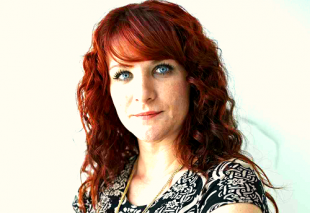

Comment: Should Makkah hotels up prices for Hajj?

According to Priceline Group CEO Darren Huston, Makkah is the most-searched-for destination in the world on Priceline’s Booking.com.
But, he says, travellers aren’t booking Makkah hotels at the rate they’re searching for them: which indicates that would-be pilgrims are finding out how feasible Hajj will be for them financially.
Under Islam, all Muslims who are physically and financially able to do so, must complete Hajj – the pilgrimage to Makkah, with certain spiritual steps – at least once in their life.
Yet many pilgrims are only able to undertake Hajj because they win “spiritual lotteries”, such as the Egyptian government’s lottery. Other pilgrims have wealthy families, or are the beneficiaries of charity from rich fellow Muslims.
Hotels are known to charge up to US $1,000 per night for hotel rooms during Hajj season, which then, even for the luxury properties, drops down to a much more reasonable rate once the religious season is over.
With over two million pilgrims making the Hajj every year, and an expected five million by 2020, one could argue that Makkah hotels are affordable during high season. But many travellers stay with friends or family, or opt for small local hotels with very poor amenities and bad conditions.
One hotel worker spoke to Agence France-Press on condition of anonymity, saying: "Our guests are generally the high-class and well-to-do pilgrims who are willing to pay more in return for comfort.”
Another staff member at the same hotel said that the hotel enforces a strict seven-night minimum stay policy during the high season.
Just near the Grand Mosque, some pilgrims sit on the ground eating free meals provided to them by volunteers, and have no spare money for food or accommodation, according to Agence France-Press.
The Saudi Arabian government does its fair share to help pilgrims, but the question must be asked: are hoteliers doing enough?
While a hotel is a business rather than a charity, it can be argued that hoteliers setting up shop in Makkah do business solely because of Muslim believers’ devotion to complete Hajj or Umrah. And the business of Makkah is spirituality, which it can also be argued, shouldn’t be monetised.
There is a difference between a hotel turning a solid profit and charging inordinately high costs simply because it can.
If hoteliers in Brazil came under intense and fierce international censure for their extortionate rates during World Cup 2014, it may be time to call out Makkah hoteliers for similar behavior.
Perhaps, in Islam’s holiest city, the soul should come before the wallet.